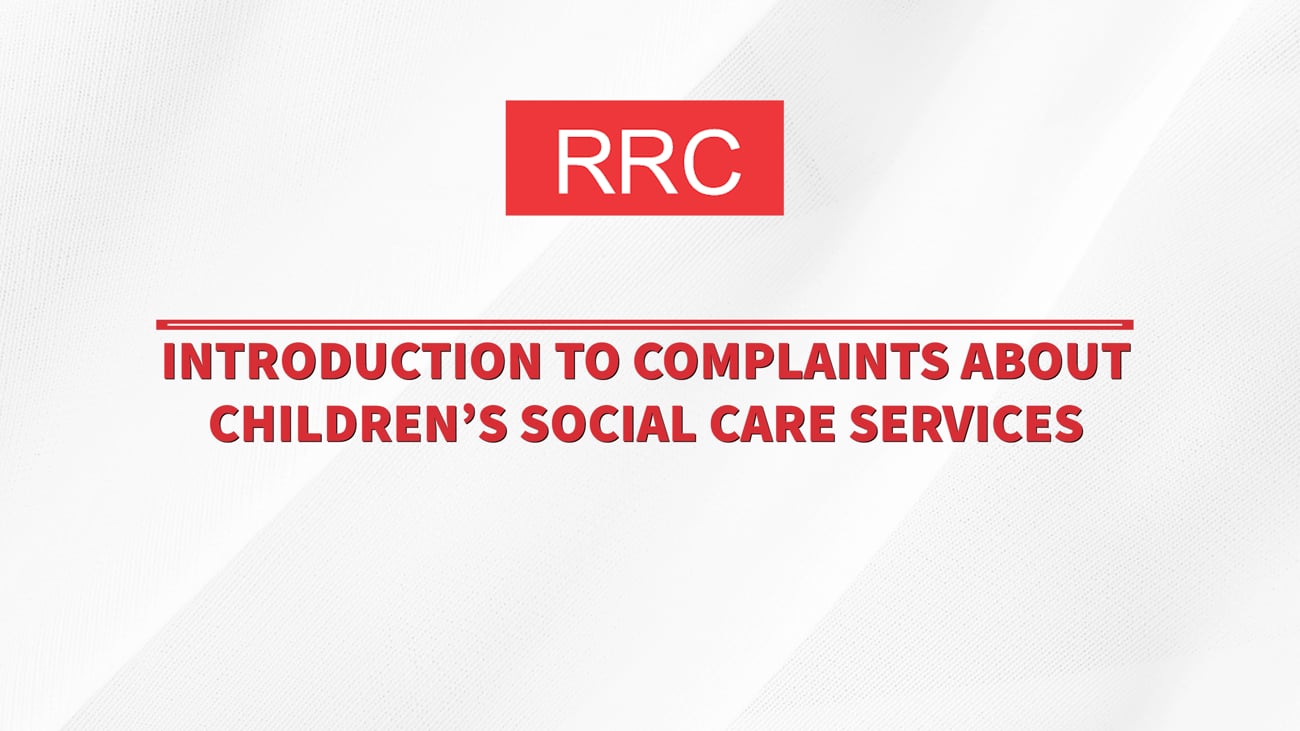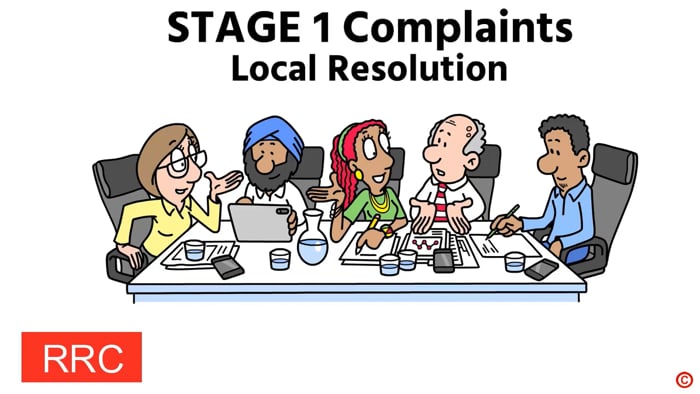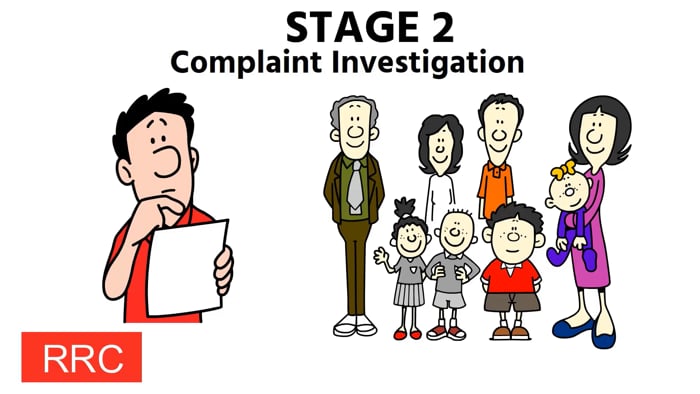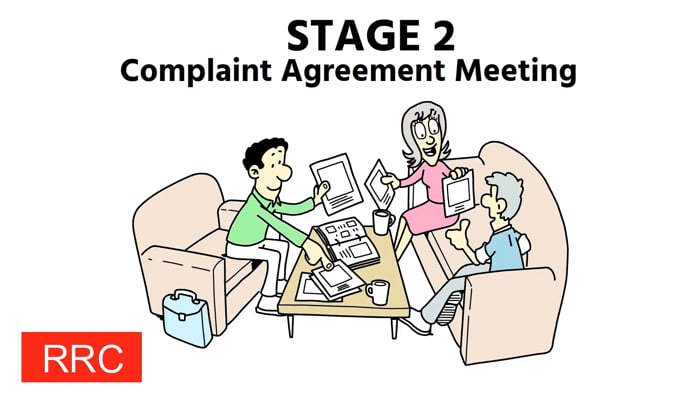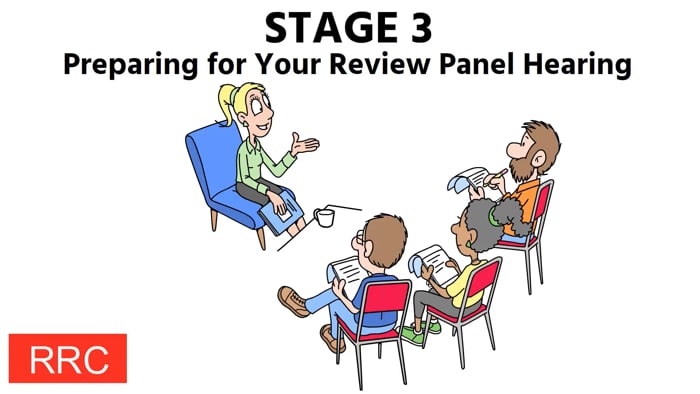Guidance for Complainants
Children’s Social Care Complaints
On this page, you will find information videos, and frequently asked questions about the Children’s Statutory Complaints Procedure.
If you are a social care professional, please see our information videos for Professionals.
These videos are produced and owned by RRC for informational purposes only and are not a substitute for professional or legal advice. Do not use the material for any purpose other than information, and do not misuse or misrepresent the content. Copying any content on this site is prohibited.
FAQs about the Children’s Complaints Procedure
Welcome to RRC’s Frequently Asked Questions (FAQs) for complainants wishing to complain about children’s social care. Here are some commonly asked questions about the complaints procedure.
What procedure do Councils follow when dealing with Children’s Social Care complaints, and what does it say?
The “Guidance in Getting the Best from Complaints 2006” sets out a three-stage process for handling complaints about children’s social care services in England that Councils must follow. Its purpose is to ensure that complaints are dealt with properly, fairly, and transparently, leading to resolution and service improvement. It aims to put the complainant at the centre of the process.
